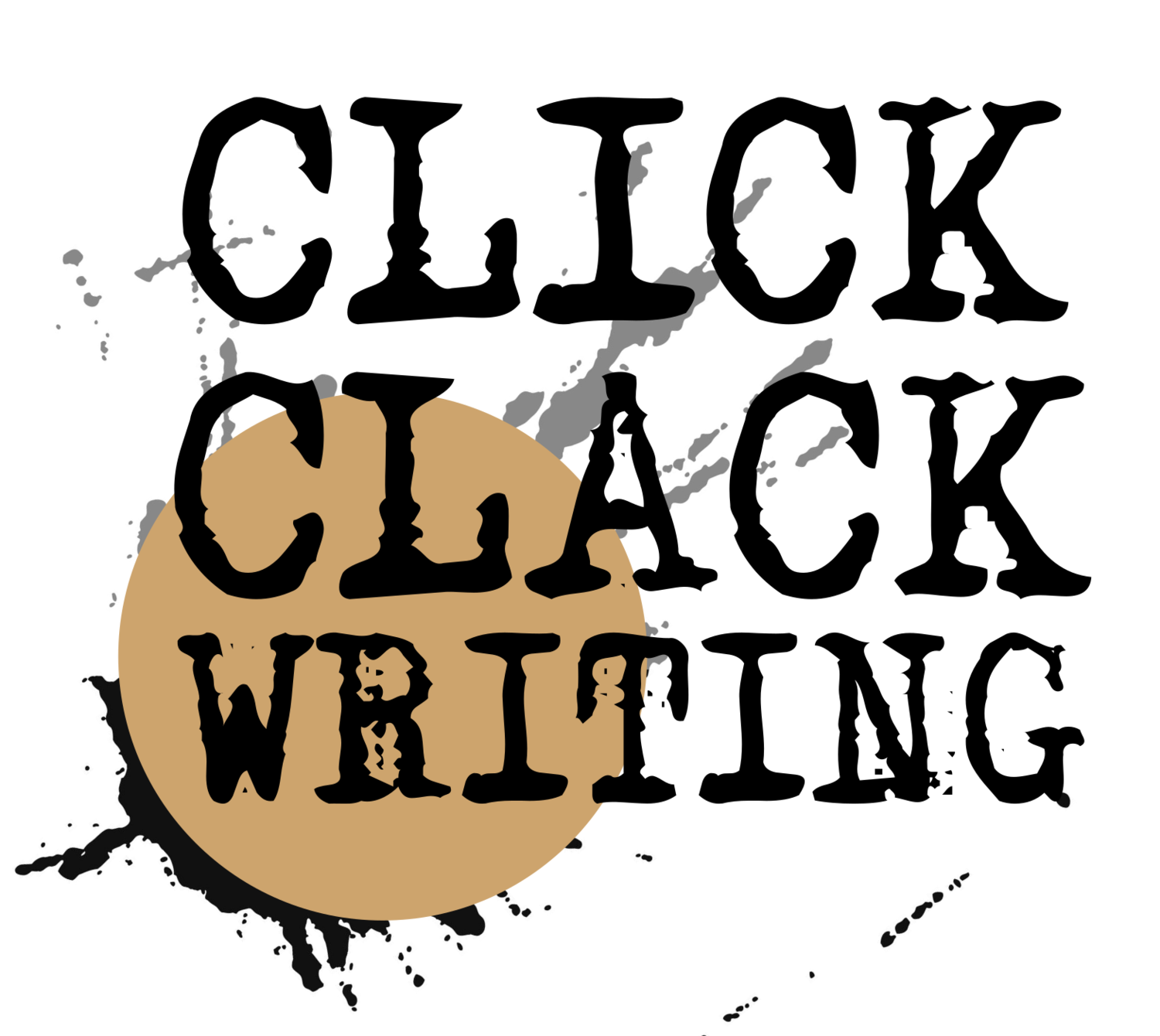Photo by Green Chameleon on Unsplash
Not long ago, ghostwriting carried a certain stigma with it. People were often loath to admit they hired a ghostwriter for fear of being branded lazy or incompetent. Ghostwriters’ names were tucked away in the acknowledgements section, and rarely mentioned in public.
Thankfully, things have changed. People are beginning to realize there’s no shame in hiring someone else to write their book, or pen an article for them. And this service is no longer only reserved for celebrities or the ultra-rich. It’s being embraced by the average person who simply wants to write their memoir or publish a business book.
Why choose to hire a ghostwriter?
In my experience, people usually hire a ghostwriter for two main reasons: time and/or writing ability.
Someone might be a perfectly capable writer, but they’re too busy running a business, or raising a family, or enacting change in their field. They simply don’t have time (or believe they don’t have time—which I’ve discussed in a past article) to write a book.
Alternatively, someone may have the time and motivation to write a book, but lack fundamental writing skills. There’s no shame in that. I have known people who are excellent public speakers, great leaders, or highly creative innovators, but they are simply not writers. This skill doesn’t come easily to them, and they do not want to invest the necessary time and practice to become a skilled writer (a process that could take years, if not over a decade).
For these (and other) reasons, people choose to hire a ghostwriter to translate their ideas into words.
Keep in mind: Hiring a ghostwriter isn’t for everyone. The biggest limitation for most people is cost. Typically, a ghostwriter will charge tens of thousands of dollars to write a manuscript, given the enormous time commitment (we’re talking many months, if not years!) and project scope. The New York Times says to expect to pay at least $50,000, although this will completely depend on the complexity of the book project. My company’s baseline is $15K, and goes up based on project length and complexity. For those looking to spend less, book coaching (guidance to write your own book) is a great alternative.
If you’re going to make the leap and hire someone to write a book, you’d better know you can A) trust this person and B) have some sense of their competency, style, and skills. Not all ghostwriters are equally adept or personable. Buyer beware!
How can you properly vet a ghostwriter?
I suggest taking into account these 6 considerations:
1. Experience & Track Record
When interviewing ghostwriters, it’s a good idea to ask how long they’ve been writing and how many books (or articles, if that’s what you need) they have produced. Are they a full-time writer? Do they specialize in a certain field or genre? Get the inside scoop on who they have worked with or what awards their work has won.
Keep in mind, a ghostwriter may need to obtain special permission to share the titles of their past works. Give them the time they need, if necessary, to secure these permissions. In the meantime, ask for a writing sample to review.
2. Process & Style
Ask about the ghostwriter's process. Do they have a planning stage? How does the interviewing process work? How many interviews should you expect? Will they share their writing as they produce it? Or do they prefer to share the entire first draft, once it’s completed?*
It’s also important to understand what a ghostwriter expects of YOU. This is your book, after all, and your ideas and voice need to be apparent in the text. Beyond interviewing, will the ghostwriter expect you to provide additional materials, such as research, notes, journals, or other personal records? Do they want you to provide an outline for the book, or is that something they will put together, based on interviews?
*Personal note: My preference is to share an entire first draft. The writing may evolve as we go along, and I may end up scrapping entire chapters or portions of chapters. Because of that, it’s not especially helpful to share bits and pieces as we go along. This method has served me well, and I’ve never had to rewrite more than 5% of a manuscript.
Photo by Balogun Wareez on Unsplash
3. Mastery of “Voice”
The best ghostwriters disappear behind the author’s voice and personality. They become chameleons and take on their client’s persona. The ghostwriter can’t have an ego; they’ll need to reject their personal writing style and way of speaking in favor of their client’s. Whether the client is funny and light-hearted, cerebral and academic, or highly creative, the manuscript should reflect that.
I pride myself on being able to take on another person’s voice. Recently, someone commented on an article I had ghostwritten for a client, saying, “[NAME REDACTED], what a wonderful read! I could hear your voice in every word.” This isn’t trickery—it’s how ghostwriting should work. The client’s personality should shine through.
How can you make sure a ghostwriter has mastered “voice”?
1) If voice is important to them, hopefully they’ll bring it up on their own.
2) If they provide you with ghostwritten materials, pay attention to the voice. Does each article/passage sound the same? Or are they distinct, and reflective of a distinct personality?
3) Ask. You might frame your questions like this: “How important is it for you to adopt my unique voice and personality in your writing? What do you typically do to take on a client’s voice?”
4. Rapport
Don’t underestimate the importance of rapport. You’ll be spending a lot of time with your ghostwriter over the coming months, so it’s important for you to get along.
After interviewing a ghostwriter, reflect on how well you clicked. Was this person easy to talk to? Did they ask good questions and seem confident in their abilities? Do you think you would be comfortable sharing your ideas and vision with them? What kind of feedback do their past clients provide?
Often, rapport comes down to a gut feeling. Trust your instincts on this one; they’re usually right.
Photo by Christina @ wocintechchat.com on Unsplash
5. Communication & Timing
Ask the ghostwriter how they usually communicate with clients, and at what frequency (weekly, biweekly?). How often will interviews take place? Will the interviews be in-person, virtual, or over the phone? Or is there some flexibility?
It’s important to ask about milestones and deadlines as well. How quickly does the ghostwriter work? How long does the interviewing and research phase last? When can you expect to see written pages?
6. Fees & Payment
This should be a given, but it’s important to thoroughly discuss fees. Does the ghostwriter charge a project fee? Or do they charge by the hour? By the word? Are there any additional fees you should be aware of? When do payments need to be made and in what form?
Know what’s included in the fee. Will the ghostwriter take care of revisions (if so, how many), or will they charge extra for them? Will they manage the editing process, or will that need to be hired out separately? Even if the ghostwriter does provide editing services, I recommend hiring someone else as well. It’s always a good idea to have multiples sets of eyes on a manuscript before it goes into print (or before you start shopping it around to agents/publishers).
You can also ask what typically happens when a manuscript is complete. Some ghostwriters may help you pursue publishing options, but many will not, since this does not necessary land in their wheelhouse. However, many ghostwriters (myself included) will be able to point you in the right direction.
Think of your interview with a ghostwriter as a job interview. You want the right person for the job—someone who can take direction and collaborate, and someone who has the right skills and track record to get the job done. Do they have the mastery of voice, writing style, and process that you need?
You can also think of the collaboration as a partnership. You both need to be on the same page, in terms of communication, fees, timelines, and expectations. A good ghostwriter will provide you with a contract, and this document can be a great starting point to ensure both parties are well-informed and satisfied with the arrangement.
The process of selecting a ghostwriter does NOT have to be as mysterious as shadowy as the profession’s name! Hopefully these tools will help bring transparency to the process and provide a clear roadmap for selecting the right person.
Your book is waiting to be written.








